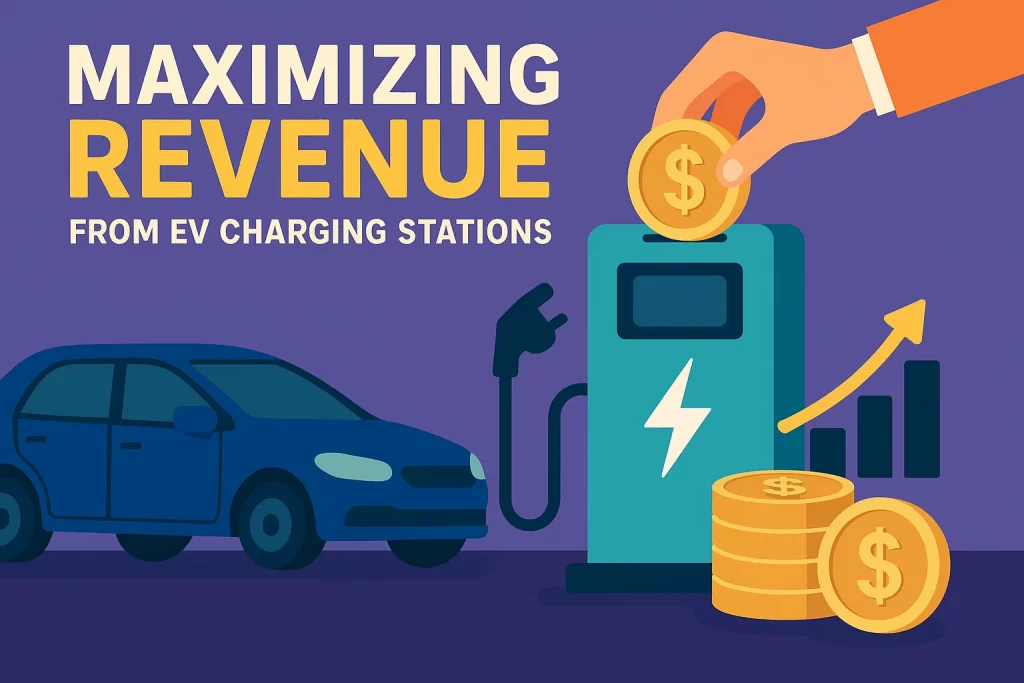
Products
Fast, Reliable, Everywhere

Solutions
Efficient, Innovative EV Charging Solutions.
As electric vehicle (EV) adoption continues to surge globally, EV charging infrastructure is no longer a futuristic concept—it’s a powerful business asset. Installing EV charging stations not only meets growing demand but also provides a lucrative opportunity to boost foot traffic, increase dwell time, and unlock new revenue streams.

Modern consumers are increasingly eco-conscious and convenience-driven. Offering EV charging aligns your business with sustainable practices while attracting a high-value demographic. Here’s how EV charging can directly contribute to your bottom line:
By adding EV chargers, businesses like retail stores, restaurants, and hotels can transform into preferred stops for EV drivers. Charging sessions typically last between 30 minutes and several hours, giving customers ample time to shop, dine, or relax—driving higher spending per visit.
EV owners tend to be younger, tech-savvy, and have higher disposable incomes. Once they discover a location that offers convenient, reliable charging, they’re likely to return and become loyal patrons. Offering charging can also attract new clientele who find your business on Google Maps, PlugShare, or other EV charging locator apps.
Charging station owners can generate income through:
By leveraging smart charging software, you can dynamically adjust pricing based on time-of-day, energy costs, or user type, ensuring maximum profitability.
While waiting for their vehicles to recharge, customers are more likely to purchase food, drinks, or premium goods. Businesses often report significant boosts in secondary sales after installing charging infrastructure.
Installing EV chargers positions your brand as a sustainability leader. Customized chargers with your logo and visibility on charging apps can enhance your corporate image and earn green certifications like LEED or WELL.
| Scenario | Charging Type | Avg. Parking Time | Potential Monthly Revenue |
|---|---|---|---|
| Quick service stops | 2 DC chargers | 15–30 minutes | $2,640 – $10,560 |
| Shopping visits | Mix (AC/DC) | 0.5–2 hours | $1,680 – $6,000 |
| Restaurants or cafes | 4 AC chargers | 1–2 hours | $3,360+ |
| Hotels or workplaces | 8–20 AC units | 8–12 hours | $4,200 – $12,600 |
Estimates vary based on utilization rates, energy pricing, and location footfall.
EV charging is more than a convenience—it’s a strategic investment that attracts quality customers, enhances your reputation, and opens doors to new income. As EV ownership becomes the norm, early adopters of charging infrastructure stand to benefit the most.
Now is the time to electrify your business and join the mobility revolution. With the right equipment and strategy, EV charging stations can deliver powerful returns for years to come.
